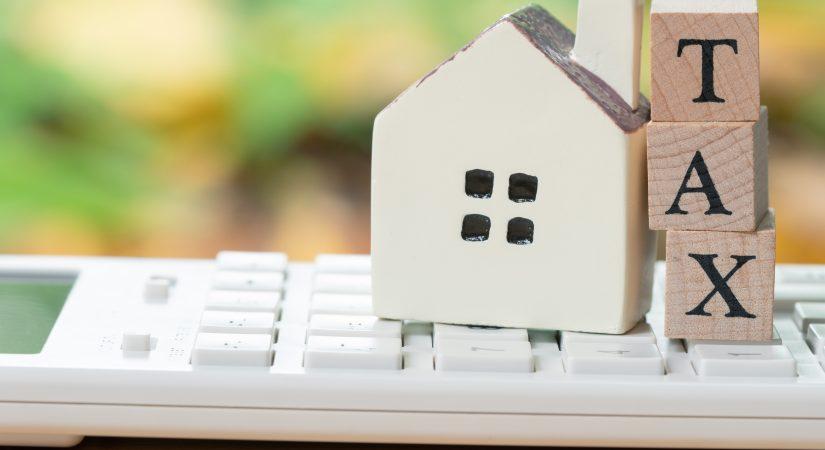Deducting Real Estate Taxes: Tips To Get the Most
Deducting your real estate taxes can save you money on your tax bill. However, there are some things you need to know to make sure you claim the deduction correctly. Listed below are four tips to help you get the most out of your real estate tax deduction.
Mortgage interest
The interest you pay on your mortgage is tax-deductible. This includes both your primary and secondary residences. Whether you itemize deductions or you take the standard deduction, the deduction can be claimed.
There are some limitations on the amount of mortgage interest that can be deducted. Your total deduction cannot exceed the amount of taxable income you have for the year. In addition, the deduction is limited to $750,000 in mortgage debt for married couples filing jointly and $375,000 for those filing separately.
If you consider buying a home, be sure to factor in the potential tax savings from deducting mortgage interest. This could make your monthly payments more affordable and reduce the overall cost of owning a home.
Property and real estate taxes
When it comes to taxes, a few deductions can help reduce what you may owe to the IRS. One such deduction is for real estate taxes. If you pay property taxes on your home, you may be able to deduct the amount on your tax return.
To qualify for the deduction, your home must be your primary residence. You can only deduct the real estate taxes you paid during the year. And, if you’re claiming the deduction on your tax return, you’ll need to itemize your deductions rather than taking the standard deduction.
There are other things that you might want to keep in mind when deducting real estate taxes.
For example, if you’re married and file a joint return, you and your spouse will each be able to take a deduction for any real estate taxes paid on the home.
Repairs
When deducting real estate taxes, there are a few things to keep in mind. First, the deduction is only available for property taxes, not income taxes. Second, you can only deduct the taxes you paid during the year. This means that if you prepaid your taxes for the year, you can only deduct the amount due during the year.
And finally, you can only deduct the real estate taxes on your primary residence and one other property. If you own more than two properties, you can only deduct the real estate taxes on your primary residence and the one with the highest value.
Depreciation
To take a deduction for depreciation on your real estate taxes, you must meet specific requirements. Your home must be used for business, investment, or rental purposes, and the taxes must be paid in connection with that use. You are allowed to deduct the portion of the taxes that relate to your business or rental use. In addition, you can only claim depreciation for the period that your home was used for business or rental purposes.
Deducting real estate taxes
It’s important to understand how real estate taxes are calculated to get the most when deducting real estate taxes. By following these four practical tips, you can ensure that you’re taking full advantage of this valuable tax break.
To learn more about taking deductions on your real estate taxes, check out the IRS website or consult with a tax professional. Click the button below to get started!




